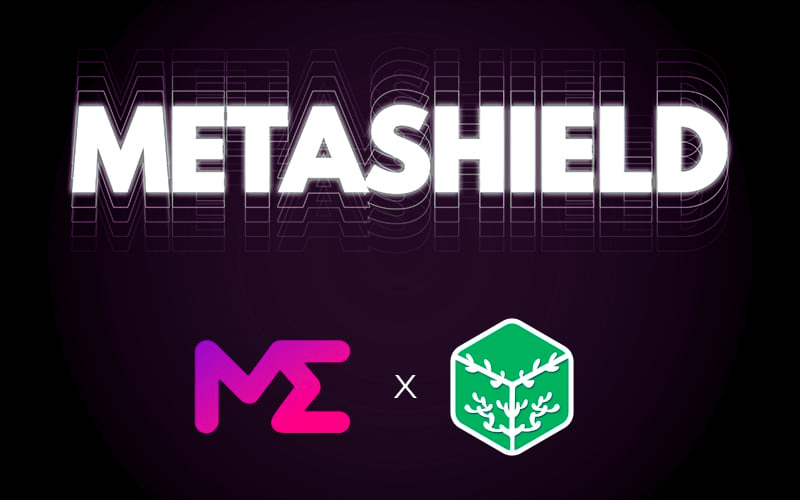Coral Cube – Pros and Cons of Solana’s NFT Aggregator
1
0

Coral Cube gets its users asking whether or not its more essential to support curator rights or save money on royalty fees
Being one of the fastest, most reliable NFT aggregators on the Solana (SOL) blockchain, CoralCube is a go-to platform for many SOL NFT lovers—and even more so since Magic Eden started dipping its fingers into it.
Coral Cube is a well-known aggregator for selecting the best SOL digital assets based on several top-notch filtering mechanisms. Thus, it is a fantastic hub for traders to see which NFTs are hot and which are not for future investments.
Nevertheless, the aggregator faces backlash concerning royalty rights. Similar to OpenSea’s royalty concerns, but different.
So let’s dig into all things Coral Cube – warts included.

Coral Cube – Pros and Cons
First and foremost, Coral Cube is an NFT aggregator on the Solana blockchain, which has recently expanded thanks to its partnership with the NFT marketplace Magic Eden. More collectors, creators, and buyers are joining both Magic Eden and Coral Cube (despite aggregator mechanisms typically being most beneficial for traders).
The primary purpose for this partnership includes Coral Cube supplying Magic Eden with easy and smooth access to digital content regarding Solana NFTs.
In addition, this collaboration saw a new tool come to light – MetaShield – that showcases all the necessary details for buying and trading purposes: ownership and credentials, community-owned platforms and products, and more.
Moreover, MetaShield shows NFT buyers and traders digital assets that are shielded (NFTs that have accumulated debt and are listed in marketplaces with customized royalties). So, when creators use this tool, they are free to “shield” these NFTs (blurring the image of the digital asset, updating its metadata, or flagging the NFT, and so forth).
MetaShield also allows users to check listings and sales of NFTs that bypass royalties. Thus, it allows traders to retain the underlying value of NFTs by warning buyers they are not honoring curators’ royalties.
On the other side of the scale, users have the ability to purchase or trade NFTs without paying curators the royalties they deserve.

Closing Comments – Our Opinions
It comes as little to no surprise that Coral Cube receives a mixture of reviews.
The ongoing royalty debate concerning Coral Cube depends on which aspects users find necessary: Is it more essential to support curator rights? Or blur out royalty fees to save collectors and traders money?
Although we agree with the former, Coral Cube does offer one of the fastest trading experiences on Solana. It also has an extensive listing of state-of-the-art Solana NFTs. Therefore, it is an appealing option for many.
Nonetheless, if you dig NFTs because creators typically get the advantages they rightly deserve (royalties), there are more suitable platforms for yourself than Coral Cube for buying and trading NFTs.
Related Content: Top 10 NFT Marketplaces to Look Out For and Why (nftlately.com)
It’s also important to note that, despite Coral Cube and Magic Eden partnering a few months back, Magic Eden has kept its royalty rates the same.
Although interestingly, despite this partnership, Solana has taken a turn for the worst following the FTX aftermath – leading Magic Eden to add Polygon NFTs to the mix.
Subscribe to the NFT Lately newsletter to receive news covering the latest NFT-related drops, releases, reviews, and more.
The post Coral Cube – Pros and Cons of Solana’s NFT Aggregator appeared first on NFT Lately.
1
0
 Manage all your crypto, NFT and DeFi from one place
Manage all your crypto, NFT and DeFi from one placeSecurely connect the portfolio you’re using to start.






